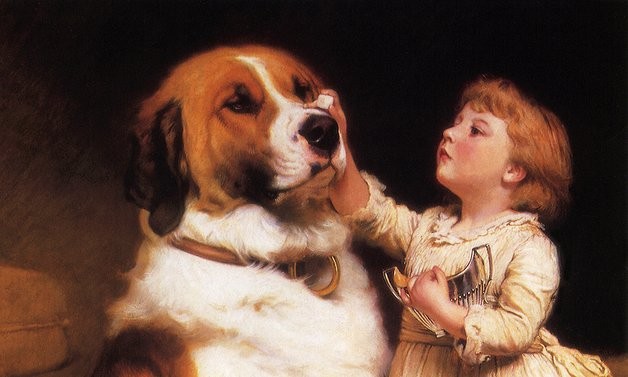Love means to love that which is unlovable; or it is no virtue at all.
—G. K. Chesterton
If we are perfectly honest with ourselves, we know that there is something unlovable about us. There is some hidden, or not so hidden, part of us that we don’t think can be loved. Whether we are afraid of being caught in our lies, lusts, or other sins, or we detest our weaknesses and think others will look down on us for them, we all have something that we think can’t be loved.
To some extent we are right.
Love seeks the good of another. When we love, we want what is good for the person we love. However, when we love we also seek what is good in another. We love others because we see goodness in them. So, when we think we are unlovable, we are right since the various sins and weaknesses of our character are not good, but we can still be loved despite them.
Take every romantic comedy ever written: one of the protagonists feels/knows that they are unlovable for some reason and so try to hide the flaw. The other protagonist finds the flaw at the worst possible moment and things go south for about fifteen to forty-five minutes. Finally, both protagonists come to terms with their mutual flaws and move past them (usually without really addressing the underlying attitude of selfishness . . . but I digress).
We find that other humans love what is good in us and it is a question of whether they will continue to love us in the face of our personal evils. Do they love me enough to continue loving me when they see the dark areas of my soul? We have to be worthy of love on some level. We have to be lovable to be loved.
God doesn’t love like this. We don’t have to earn God’s love by being good. God’s love makes us good. God doesn’t see my goodness and then love me. God loves me and in that act of love, God makes me lovable. I don’t have to wait to be perfect for God’s love; God’s love perfects me.
Where there is no love, put love, and you will draw love out. (St. John of the Cross)
This is the love that Christians are given in Baptism; this is charity. In charity, we are able to share the love God has given to us with others. In charity, we become like God who makes us lovable by first loving us. Like God, we call forth loveliness in others by first loving them.
In this is love, not that we loved God but that he loved us and sent his Son to be the expiation for our sins. Beloved, if God so loved us, we also ought to love one another. (1 Jn 4:10-11)
Our lack of lovability/goodness is not an obstacle to being loved. God’s goodness is greater than our sin and weakness. All we can do is continuously approach the One who has loved us first.
✠
Image: Charles Burton Barber, Trust







